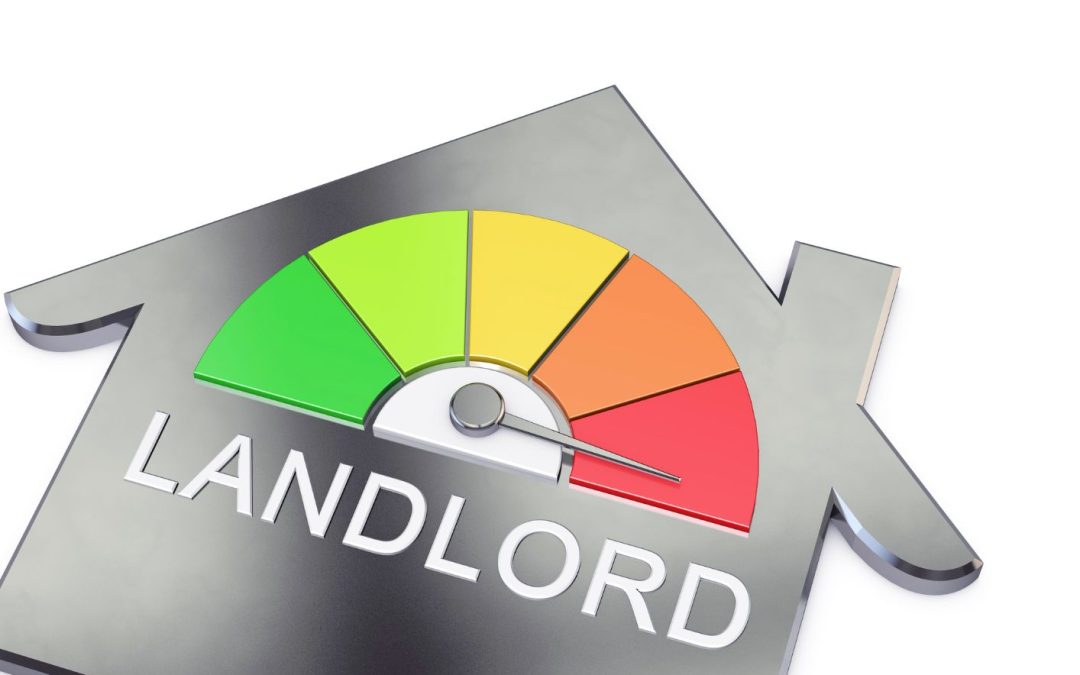by Brandon M. Scott
To the esteemed landlords of the DMV area. The real estate market is changing, and landlords have gained new-found fame in national news and local laws, as well.
We know there are two classes of landlords, ‘big’ and ‘small’. I am sure some assumed ‘good’ and ‘bad but I’d wager it’s that kind of thinking that makes DC so tenant friendly. Let’s dive more into this.
Understanding DC’s real estate market as a ‘Mom & Pop’ landlord can be overwhelming. The super friendly tenant laws are like no other in the country so it all can feel stacked against you. Practicing real estate agent, I hear the stories clients and colleagues that reinforce the importance of understanding what’s changing with DC laws.
The DC Council has recently passed the “Eviction Record Sealing Authority Amendment Act of 2021” ([Bill B24-0096] (https://lims.dccouncil.us/Legislation/B24-0096)). This legislation would hide if a tenant was previously evicted, and landlords may not have access to certain eviction records when screening potential tenants.
New Voucher Holder Law
Staying informed is crucial, and I am here to break down the top changes that you should be aware of in this bill:
- Voucher Holders’ Rights Enhanced: Under [Bill B24-0096], if you’ve been considering leasing to voucher holders, be aware that the new bill prohibits charging them higher rents based on their voucher status or their past rental history.
- Additionally, this would provide the Superior court of the District of Columbia with the ability to seal eviction records in certain circumstances. Specifically, the legislation would require that the Court seal eviction records where the Court did not find for the landlord, or the landlord withdrew their claim.
- Among other things, it would require that the Court seal all other eviction records after three years and authorizes the Court to seal certain eviction records upon motion by the defendant.
- Language Matters: Planning to evict? Make sure you’re communicating in your tenant’s primary language, not just English. It’s not just good practice; it’s the law as per Bill B24-0096.
Some Pending Laws
As you know, the DC council has a unique way, based on the law, of submitting legislation and one of those methods is through emergency resolution; that’s another discussion. Currently, there’s a few pieces of legislation you should be aware of, as landlords, as they certainly may impact business:
B25-0029: Introduced by Councilmember Trayvon White would require the mayor to permanently revoke the license of business license holders and property owners that repeatedly violate District of Columbia Housing Codes under the authority of the Department of Buildings after the standard period for compliance has expired.
B25-0047: Introduced by Mendelson, Bonds, Lewis George, McDuffie, Pinto & Henderson and is with the Committee on Housing. As written, it would prevent individuals and families from paying more than 30% of their income toward rent and require the assessment of Rapid Re-Housing participants for the receipt of permanent housing vouchers. Among other things, it would establish eligibility and prioritization criteria for targeted Affordable Housing vouchers.
B25-227: Introduced by Council members Frumin, Allen, Bonds, Henderson, Lewis, Nadeau, Parker, Pinto, and Chairman Mendelson. As introduced Bill 25-227 would require that the District of Columbia Housing Authority comply with rent stabilization laws when calculating the amount of rent paid by a tenant-based housing voucher.
Impetus: The bill is a response to The Washington Post published an article on DC overpaying landlords and HUD performed an audit and determined the District was not auditing the voucher program. Specifically, the report cited, “DCHA does not conduct annual rent reasonableness assessments or perform rent reasonableness determinations in accordance with HUD rules and regulations. ”
Rent Stabilization in DC: In Washington, D.C., rent stabilization laws, commonly referred to as “rent control,” is designed to protect tenants from excessive rent increases while ensuring landlords receive a fair return on their investments. The Rental Housing Act of 1985 governs these laws, which apply to rental units built before 1976. However, there are exceptions, such as federally or District-subsidized units, which might include tenant-based housing vouchers. Under the Act, landlords can increase rents annually based on a formula tied to the Consumer Price Index (CPI). Additionally, they can petition for larger increases if they can prove financial hardship or if they have made substantial capital improvements to the property.
While there are more bills before the Council than those landlord and tenant related, I felt it important, as I take on new roles in real estate, to provide a resource for landlords, too.
Brandon Scott is a licensed real estate agent in Washington, DC, Maryland and Virginia. His license hangs with Keller Williams Capital Properties in DC. He’s been involved in the mortgage finance industry for the last 22 years in various fields. You can reach him by email at [email protected]. Subscribe to his YouTube Channel at RealTeaDMV

